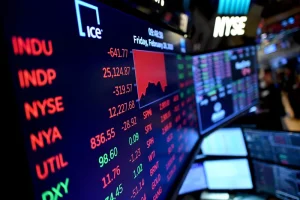Over the last few years, many new investors have entered financial markets lulled by the promises of making “easy money”, “quick returns” etc. Investing involves both luck and skill and when you are on a roll, unfortunately most believe success to be a function of your skill. Is there a way to gauge if investment returns are more luck or skill.
Introducing a fictional character – Random! The tweet bio of Random describes it as “Stock Market Enthusiast, Follower of Buffet, Charts, Bhav Bhagwan Che, Elliott Wave , Quant, FnO, CoffeeCan Crypto
Random has done the following every month since 2000. From a universe of stocks which are within 90% of the overall market cap of listed stocks (thus avoiding micro-caps and other illiquid securities), Random creates 1,000 random portfolios of equal-weighted 50 companies. Similarly, Random creates another 1,000 portfolios whose individual stock weights vary from 0.5% to 9.5%. Thus, running 1,000×1,000 simulations (million portfolios of random stocks and random weights) and holding these portfoli.


sock market
A percentile score closer to 50 for Nifty50/NSE500 will reflect broadly a market where random portfolio distribution has equal chances of returns above and below returns of Nifty50/NSE500. (And so, near equal measures of luck and skill). Similarly, a very low percentile of Nifty50TR/NSE500TR would mean almost all random portfolios have given much higher returns, giving a sense of luck or rising tide lifting all boats. Conversely, a very high percentile score of Nifty50TR/NSE500TR




